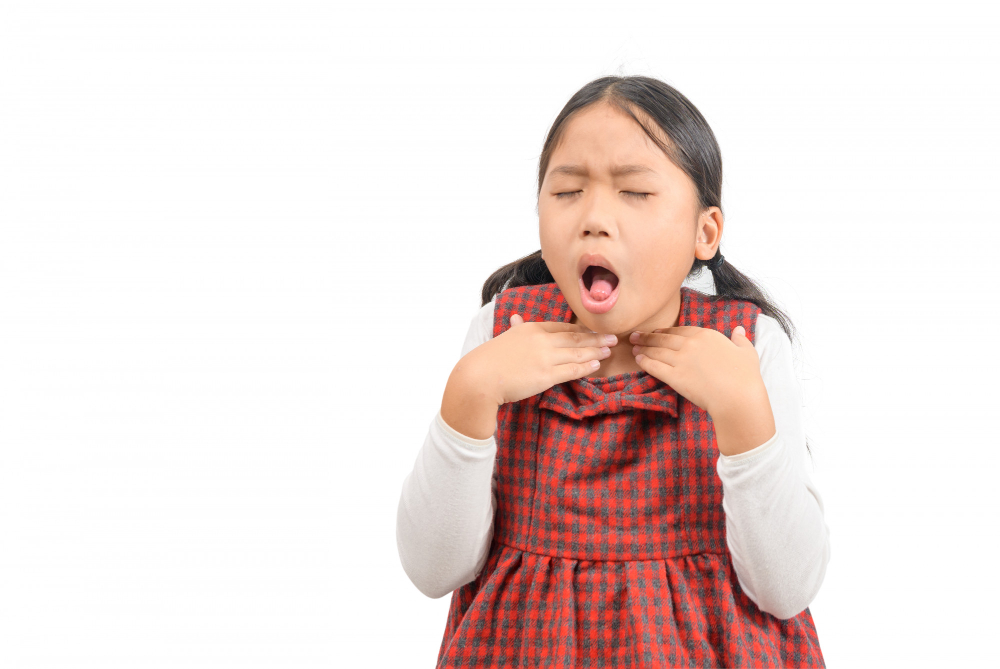What is Foreign Body Aspiration?
Foreign body aspiration in children happens when a child breathes in an object, such as food or a small toy, into their airway. This can block the windpipe or lungs. As a result, it can cause breathing problems. Children, especially those under five, are at higher risk. Because their airways are small, even tiny objects can cause trouble. According to the CDC, foreign body aspiration is a leading cause of injury in young kids. Therefore, knowing the signs and what to do is very important for parents and caregivers.
Common Symptoms and Warning Signs
It is important to recognize the signs of foreign body aspiration in kids early. Sometimes, symptoms appear right away. Other times, they may develop slowly. Here are common symptoms to watch for:
However, some children may not show clear signs right away. For this reason, always watch for any sudden changes in breathing or behavior.
Causes and Risk Factors
Many things can cause foreign body aspiration in children. Most often, it happens when a child puts small objects or food in their mouth. Here are common causes and risk factors:
Because young children explore with their mouths, they are more likely to inhale objects. Therefore, parents should always supervise mealtime and playtime.
How is Foreign Body Aspiration Diagnosed?
Doctors use several methods to diagnose foreign body aspiration in children. First, they ask about the child’s symptoms and what happened. Next, they listen to the child’s breathing with a stethoscope. Sometimes, they may order a chest X-ray to look for objects or signs of blockage. However, not all objects show up on X-rays. In some cases, doctors use a special camera called a bronchoscope to look inside the airway. This tool helps them find and remove the object safely. Early diagnosis is key to preventing serious problems.
Treatment Options
Treatment for foreign body aspiration depends on the object and the child’s symptoms. If the airway is blocked, emergency response for airway blockage is needed right away. Here are common treatment steps:
Never try to remove the object with your fingers, as this can push it deeper. Instead, seek medical help as soon as possible.
Prevention Tips for Parents
Thankfully, you can lower the risk of foreign body aspiration in children by taking simple steps. Here are tips on how to prevent choking in children:
By following these tips, you can help keep your child safe from choking hazards.
When to Seek Emergency Help
Sometimes, quick action can save a child’s life. Seek emergency help if your child:
Even if symptoms seem mild, it is always better to have a doctor check your child. Early treatment can prevent serious problems.
If you suspect your child has inhaled a foreign object, consult a pediatric specialist immediately for professional care.

